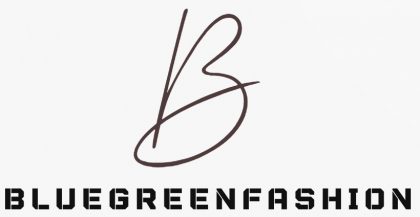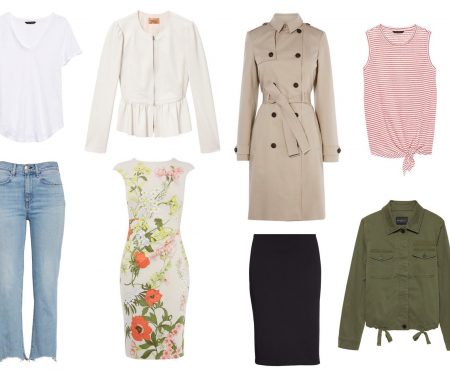In an era where environmental concerns are at the forefront of global consciousness, the fashion industry has responded by presenting itself as more sustainable and eco-friendly. However, not all claims of sustainability are equal, and the concept of “greenwashing” has become a prevalent issue. Greenwashing refers to the deceptive practice of making misleading or exaggerated claims about a product’s environmental benefits. Navigating through this landscape to find genuinely sustainable clothing brands requires a discerning and informed consumer approach.
Greenwashing in the fashion industry often involves marketing tactics that create the illusion of sustainability without substantial evidence to support the claims. This can range from using vague terms like “eco-friendly” and “natural” to misrepresenting the overall impact of a product. The goal of greenwashing is to appeal to consumers who prioritize sustainability while not necessarily adhering to ethical or environmentally responsible practices.
To navigate the world of truly sustainable clothing brands, consumers must learn to look beyond surface-level claims and delve into a brand’s practices, values, and transparency. One key factor is transparency in the supply chain. Brands that are genuinely committed to sustainability are open about their sourcing of materials, production methods, and labor conditions. They are willing to share detailed information about their processes, allowing consumers to make informed decisions.
Truly sustainable brands prioritize the use of eco-friendly and ethically sourced materials. This may include organic cotton, recycled fibers, and innovative materials with lower environmental impacts. Additionally, sustainable brands focus on responsible manufacturing processes, such as reducing water usage, minimizing chemical pollutants, and adopting energy-efficient technologies. By examining a brand’s material choices and production methods, consumers can determine whether their claims align with their actions.
Certifications and third-party verification play a crucial role in distinguishing genuine sustainability from greenwashing. Reputable certifications, such as GOTS (Global Organic Textile Standard) and Fair Trade, indicate that a brand has undergone rigorous evaluation to ensure its ethical and environmental practices. These certifications provide consumers with a level of confidence in a brand’s claims, as they are backed by independent organizations with established standards.
Truly sustainable clothing brands prioritize longevity and durability in their products. This approach contrasts with fast fashion, which encourages disposable consumption and contributes to excessive waste. Sustainable brands design their clothing to withstand wear and tear, using high-quality materials and craftsmanship. This commitment to durability aligns with a broader shift towards mindful consumption and reduces the need for frequent replacements.
A hallmark of truly sustainable brands is their commitment to transparency and accountability. They readily provide information about their sustainability initiatives, challenges faced, and ongoing efforts to improve. They engage with consumers and the public, welcoming questions and feedback. Brands that are genuinely dedicated to sustainability are unafraid to address areas where they may fall short and demonstrate a commitment to continuous improvement.
Sustainability extends beyond environmental considerations to encompass social responsibility. Truly sustainable brands often engage in initiatives that support local communities, promote fair labor practices, and contribute positively to society. They prioritize the well-being of workers throughout their supply chain and actively seek to create a positive impact on the communities they operate in.
As consumers, it is essential to educate ourselves about sustainability and greenwashing in the fashion industry. Researching brands, reading reviews, and engaging with sustainable fashion communities can provide valuable insights and guidance. By supporting truly sustainable brands and advocating for transparent and ethical practices, consumers can drive positive change within the industry.
The rise of greenwashing has underscored the need for consumers to be informed and discerning when choosing sustainable clothing brands. Beyond Greenwashing: Navigating the World of Truly Sustainable Clothing Brands encourages consumers to look beneath the surface and evaluate brands based on their transparency, material sourcing, production methods, certifications, durability, accountability, and social responsibility. By making conscious and well-informed choices, consumers can contribute to a more genuinely sustainable fashion industry, driving positive impact for both the environment and society at large.












